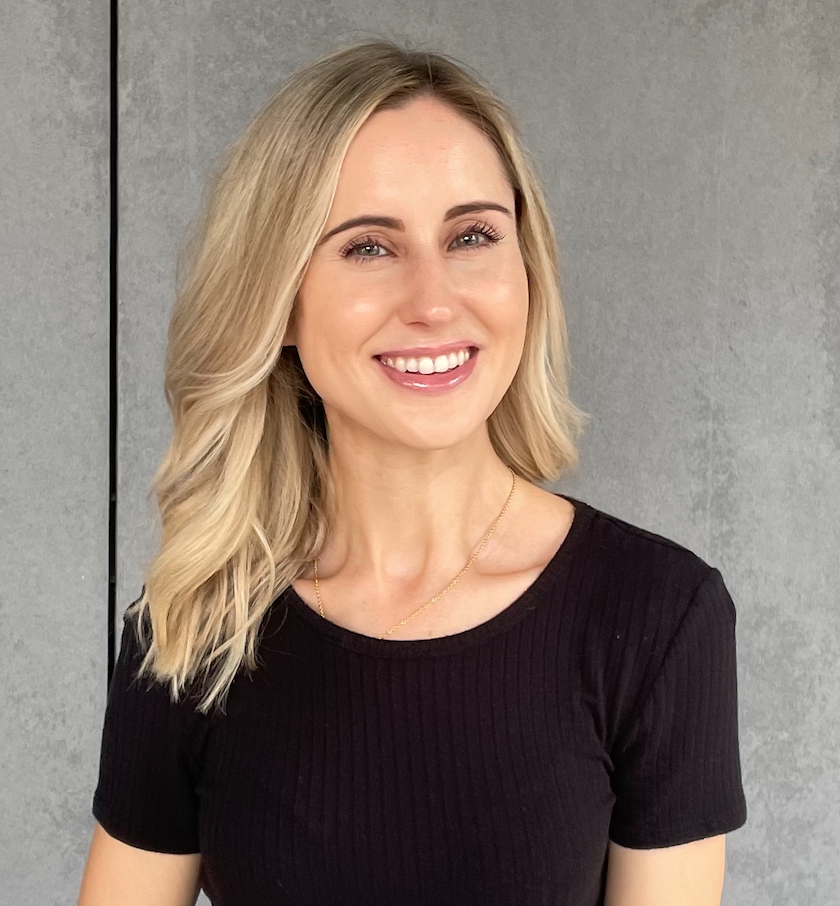About abby wilson, lcsw
Let’s create a life you love.
I’m Abby Wilson, LCSW, an existential and relational therapist specializing in anxiety, relationship challenges, attachment trauma, and the quarter-life crisis.
I work with high-functioning women and young adults who want more than just to cope with life. They want a life that feels meaningful and authentic.
a little about me
How I Became a Therapist.
I was born and raised in Houston, Texas, and earned my bachelor’s degree in Sociology from the University of Houston. After graduation, I began a career in the oil and gas industry, only to realize that path wasn’t aligned with who I was or what truly fulfilled me.
During that period of uncertainty, I began attending therapy to process the challenges of early adulthood and navigate the anxiety that came with making life-altering decisions. Around the same time, I started practicing yoga regularly and discovered the powerful connection between the mind and body.
Those experiences reshaped how I understood mental health. I shifted from a view of “fixing” things to a more holistic approach that centers exploration with curiosity, compassion and support. This ultimately inspired me to pursue a career in therapy.
My own healing journey gave me a firsthand understanding of how transformative the therapeutic relationship can be. It helped me not only develop deeper self-awareness, but also showed me the incredible importance of a strong, supportive therapeutic relationship.
This personal insight continues to shape how I show up for my clients today. I work with empathy, honesty, and a deep respect for your unique path.
I especially love working with young women navigating anxiety, self-doubt, life transitions, and the search for meaning. I know how overwhelming early adulthood can be, and I’m here to help you explore, process, and move forward with greater clarity and intention.
Therapy isn’t just my profession. It’s my passion. I’m committed to ongoing personal and professional growth and love learning new therapeutic approaches that can better support my clients. Currently, I’m working toward certification in Existential Analysis, a philosophical and deeply meaningful approach to therapy that resonates with my belief in human potential and purpose.
When I’m not working, you can usually find me walking my dog around the city, reading a great book, going to a Pilates class, or listening to any and every Taylor Swift song.
Learn more about the areas I specialize in:
Follow along for thoughtful insights and practice updates
How I work
Therapy that feels human and approachable.
My approach to therapy is relational, collaborative, and deeply human-centered. I work to create a safe, genuine space where you can show up fully as yourself, without fear of judgment or pressure to be anything other than who you are.
As a humanistic and existential therapist, I don’t view you as a problem to be fixed or rush to a diagnosis or labels. Instead, I’m interested in the deeper “why” behind your struggles. Together, we’ll explore the root causes of your pain and work toward meaningful, sustainable change. Our work will be guided by your values and lived experiences.
Being human comes with inevitable challenges, but that doesn’t mean something is wrong with you. I believe you already carry the strengths and wisdom needed to heal and grow. Therapy is a space where those inner resources can be uncovered, strengthened, and supported.
We are a good fit if —
You’re ready to commit to your personal growth and emotional well-being.
You are looking for a down-to-earth, collaborative therapy experience.
You want to explore how to live a life that feels more meaningful, aligned, and authentic to who you truly are.
We are not a good fit if —
You’re looking for a highly clinical, directive, or rigidly structured approach to therapy.
You prefer a therapist who leads every session and gives step-by-step advice or solutions.
You’re not open to reflection, exploration, or receiving gentle, honest feedback.
Therapy with me is —
-
I believe the therapeutic relationship is the foundation for real, lasting change. I show up authentically so we can build a genuine, trusting connection where you feel seen, supported, and never judged.
My priority is to create a space where you feel safe and comfortable enough to open up, explore what’s really going on, and get exactly what you need from the therapy process.
-
I don’t view you through the lens of pathology or labels. I’m not here to “fix” you or make assumptions about your experience. Instead, I want to understand you as a whole, complex, and unique individual.
I show up with curiosity, compassion, and deep attunement, creating space for your story to unfold with honesty and care.
-
I’m not here to dictate the conversation or steer the session. I trust that you know what feels most important to explore. We’ll work together to focus on the areas where you need support, at a pace that feels right for you.
You’re in the driver’s seat, and I’m here to walk alongside you, offering guidance, reflection, and support along the way.
-
Therapy isn’t one-size-fits-all. It’s a highly individualized experience tailored to your unique needs. Sometimes it looks like having space to freely process your thoughts and emotions. Other times, it might mean receiving direct feedback, tools, or guidance.
Whatever you’re needing in the moment, we’ll work together to make sure therapy supports you in the most meaningful and helpful way.

My Background & Training
01
Education & Licensure
Master’s degree in Clinical Social Work, University of Houston: Graduate College of Social Work.
Licensed Clinical Social Worker in Texas #64274
Licensed Clinical Social Worker in California #137036
02
Clinical Experience & Training
My clinical experience and training includes work at highly regarded organizations such as UTHealth, The Menninger Clinic, Modern Therapy, and a one year post-graduate fellowship at The Council on Recovery.
My clinical background has provided me with a comprehensive skillset in conceptualizing the role of addiction and mental health within family systems, as well as individuals who have been impacted by psychological trauma.
Currently, I am pursuing certification in Existential Analysis through the Center for Existential Analysis and Logotherapy.
03
Theoretical Orientations
My approach is grounded in Humanistic and Person-Centered Therapy, Existential Analysis, Trauma-Informed Therapy, and Attachment Theory.





